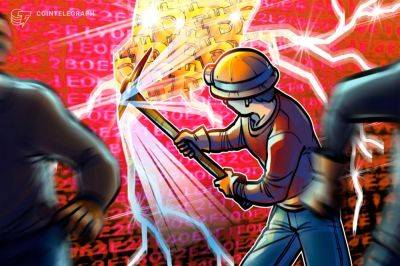AI could fortify big business, not upend it
ChatGPT took the world by storm last year, the internet has been littered with predictions of just how disruptive “generative" artificial intelligence (AI) will be. “Entire industries will reorient around it," enthused Bill Gates in a blog post earlier this year, in which he declared the technology to be as disruptive as the internet and the microprocessor. From media and education to law and health care, vast areas of human endeavour are expected to be turned upside down.
You may think that the losers from all this would be crusty old incumbents, rather as Kodak and Blockbuster were felled during past waves of technological upheaval. And, sure enough, a new wave of startups has sensed the chance to gain a foothold, crashing onto the scene with ai-powered legal chatbots, virtual doctors, writing assistants and so on. Some of these will make up a new industry of model-builders and innovators that soar to lofty valuations, rather as today’s tech giants ascended during the internet age.
In the rest of the economy, however, it is far from clear that the upheaval will consign today’s corporate Goliaths to history. ai looks as likely to fortify reigning champions as to uproot them. One reason for this is incumbents’ advantages in distribution.
That can help the giants maintain their dominance, even if they do not dream up the technology in the first place. Having paired with OpenAI, the creator of ChatGPT, for instance, Microsoft is souping up its ubiquitous Office software with AI features that let workers automate tasks such as writing emails and summarising documents. That will leave little space for rival upstarts.
Read more on livemint.com


























